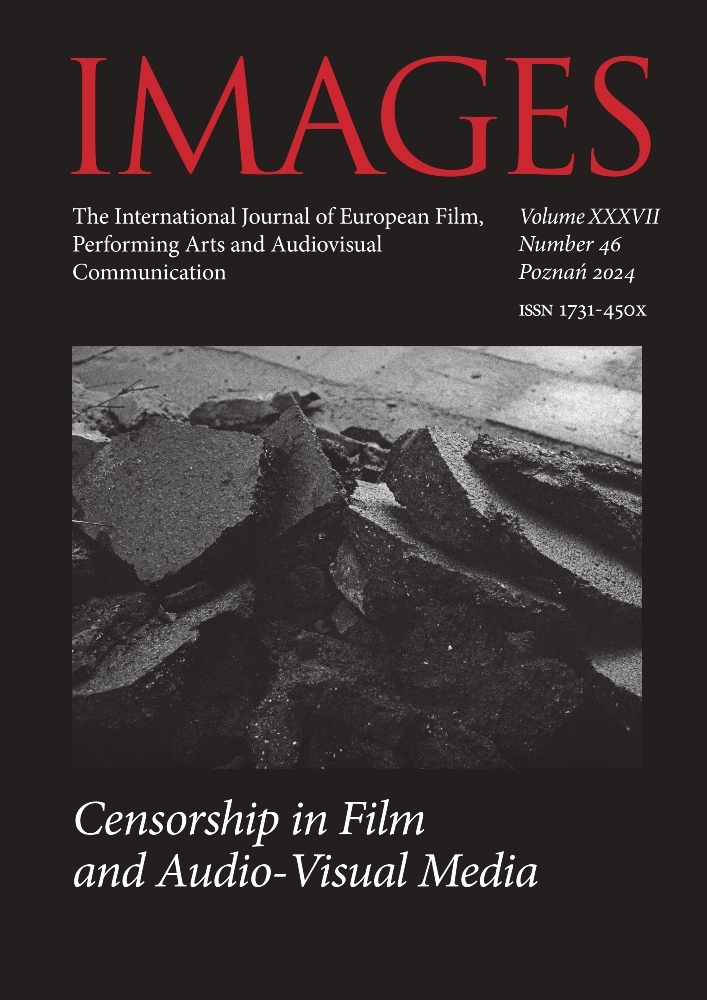Abstract
Video game localization is a process that is strongly focused on the target audience. Its aim is to adapt the game content to the linguistic and cultural needs and requirements of the market other than the primary one. A well-made localization cannot negatively affect the gameplay experience and the player’s sense of immersion. Therefore, when translating in-game text, translators can use strategies and techniques known from other types of translations. The aim of this article is to show how the use of transcreation in the localization process can influence the reception of a game. An attempt is made to answer the question of whether the freedom to interfere with the original content, which this translation strategy gives the translator, is justified. For this purpose, the specificity of video game localization is briefly presented, and various concepts and theories from the field of translation theory are used. Final Fantasy XV, released in 2016 by Square Enix, was selected as the subject of the analysis.
References
Bernal-Merino Miguel, On the Translation of Video Games, „The Journal of Specialised Translation” 2006, nr 6, s. 22–36.
Bernal-Merino Miguel, The Localisation of Video Games, rozprawa doktorska, Imperial College, London 2013.
Chandler Heather M., The Game Localization Handbook, Charles River Media, Needham Heights, MA 2005.
Chesson Dave, How Many Words Per Page In a Book? Amazon Stats + Survey, Kindlepreneur, 22.02.2023, https://kindlepreneur.com/words-per-page/ (dostęp: 27.11.2024).
Czech Dawid, Challenges in Video Game Localization: An Integrated Perspective, „Explorations: A Journal of Language and Literature” 2013, nr 1, s. 3–25.
Drab Ewa, Gry wideo a przekład: nowe pole badań w obrębie tłumaczenia audiowizualnego, „Rocznik Przekładoznawczy” 2014, nr 9, s. 101–114. DOI: https://doi.org/10.12775/RP.2014.007
Gacek Damian, Translation of Video Games in the Context of Polish Localizations, „New Horizons in English Studies” 2019, nr 4, s. 185–208. DOI: https://doi.org/10.17951/nh.2019.4.185-208
Inglot Krzysztof, Nazwy własne a lokalizacja gier elektronicznych fantasy – o potrzebie przekładu oraz wybranych tendencjach w tłumaczeniu gier anglojęzycznych na rynek polski i niemiecki, „Homo Ludens” 2013, nr 1/(5), s. 73–81.
Koskinen Kaisa, Domestication, Foreignization and the Modulation of Affect [online]; wersja sprzed publikacji [w:] Domestication and Foreignization in Translation Studies, red. Hannu Kemppanen, Marja Jänis, Alexandra Belikova, Verlag Frank und Timme, Berlin 2012, s. 13–32.
Kubiński Piotr, Gry wideo. Zarys poetyki, Towarzystwo Autorów i Wydawców Prac Naukowych Universitas, Kraków 2016.
Kudła Dominik, Ocena odbioru lokalizacji językowej gier komputerowych na podstawie danych okulograficznych, Wydawnictwo Naukowe Instytutu Komunikacji Specjalistycznej i Interkulturowej, Uniwersytet Warszawski, Warszawa 2020.
Kuipers Erik-Jan, Lokalizacja gier komputerowych – czyżby dziecinnie proste? Nowe perspektywy w szkoleniu tłumaczy pisemnych, „Homo Ludens” 2010, nr 1/(2), s. 77–86.
Kwiatkowski Rafał, Transkreacja, czyli tłumaczenie dla zaawansowanych, Translax, 5.02.2016, https://translax.eu/transkreacja-czyli-translacopywriting/ (dostęp: 18.07.2022).
Maziarz Piotr, Onik Debora, Cultural Barriers in Equivalence – The English Localization of the Video Game Wiedźmin 3: Dziki Gon, „Explorations: A Journal of Language and Literature” 2019, nr 7, s. 45–57. DOI: https://doi.org/10.25167/EXP13.19.7.6
Mrzigod Janusz, Meandry lokalizacji gier, Helion, Gliwice 2021.
Nawrocka Ewa B., Cultural and Linguistic Challenges of Video Games Translation with Some Examples from Grey’s Anatomy by Ubisoft, „Beyond Philology: An International Journal of Linguistics, Literary Studies and English Language Teaching” 2016, nr 13, s. 263–284.
O’Hagan Minako, Mangiron Carmen, Game Localization: Unleashing Imagination with ‘Restricted’ Translation, „The Journal of Specialised Translation” 2006, nr 6, s. 10–21.
O’Hagan Minako, Mangiron Carme, Game Localization: Translating for the Global Digital Entertainment Industry, John Benjamins Publishing Company, Amsterdam–Philadelphia 2013. DOI: https://doi.org/10.1075/btl.106
Pieńkos Jerzy, Podstawy przekładoznawstwa. Od teorii do praktyki, Zakamycze, Kraków 2003.
Salich Hanna, Techniki i strategie tłumaczenia neologizmów autorskich Polska literatura fantastyczna i fantastycznonaukowa w przekładach angielskich, Wydawnictwa Uniwersytetu Warszawskiego, Warszawa 2018. DOI: https://doi.org/10.31338/uw.9788323532026
Sajna Mateusz, Translation of Video Games and Films – a Comparative Analysis of Selected Technical Problems, „Homo Ludens” 2013, nr 1/(5), s. 219–232.
Stein Zack, This Is How Big the Script Was for The Witcher 3: Wild Hunt, IGN, 2.05.2017, https://www.ign.com/articles/2015/05/29/this-is-how-big-the-script-was-for-the-witcher-3-wild-hunt (dostęp: 27.11.2024).
Šiaučiūnė Vaida, Liubinienė Vilmantė, Video Game Localization: the Analysis of In-Game Texts, „Studies About Languages” 2011, nr 19, s. 46–55. DOI: https://doi.org/10.5755/j01.sal.0.19.945
Walczak Justyna, Teoria i praktyka polskiej translatoryki na przykładzie nowopolskich tłumaczeń wybranych utworów Williama Shakespeare’a i Johna Miltona, rozprawa doktorska, Uniwersytet Warszawski, Warszawa 2013.
Waszkiewicz Agata, Delicious Pixels. Food in Video Games, Walter de Gruyter GmbH & Co KG, Berlin–Boston 2022. DOI: https://doi.org/10.1515/9783110716603
Witczak Joanna, Gry udomowione – lokalizacja gier wideo na rynek japoński na przykładzie gier Wiedźmin 3: Dziki Gon oraz Ghost of Tsushima, praca magisterska, Uniwersytet im. Adama Mickiewicza w Poznaniu, Poznań 2022.
License
Copyright (c) 2024 Joanna Witczak

This work is licensed under a Creative Commons Attribution 4.0 International License.

